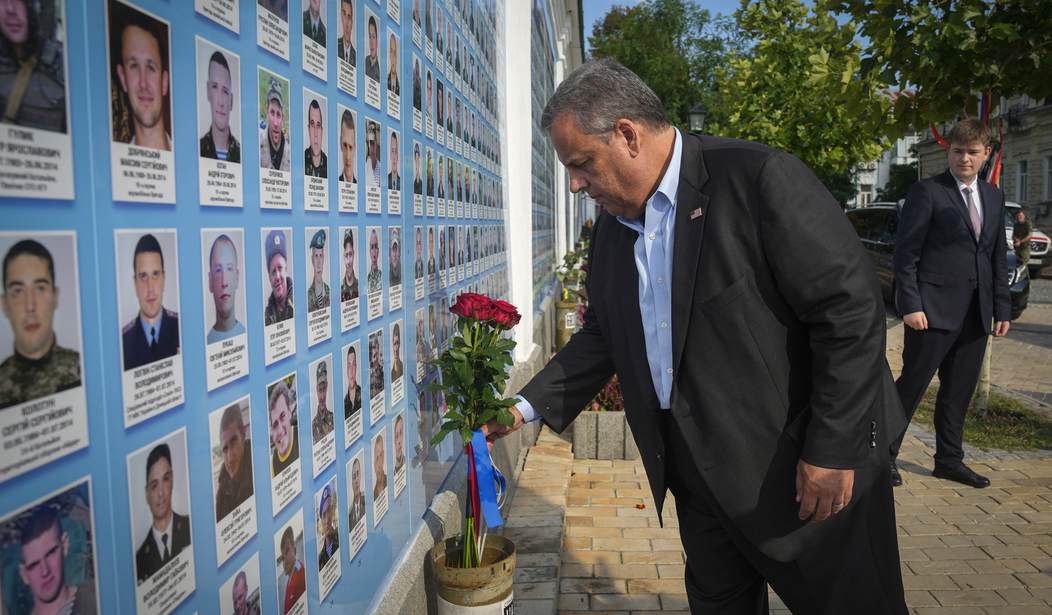It's been two years since the beginning of the war in Ukraine, and the big news is that there has been no battlefield decision, something few would have predicted in 2022. It's hard to say who is even winning. Putin wants victory more than Biden, a fact reflected by Russia's huge war production of arty ammo and manpower mobilization, but the Kremlin is paying for it by starving its economy and military of innovation investment.
The Ukrainian soldiers are getting fewer, and Russia's military equipment is getting older by the day. Both things are occurring simultaneously. Each is weakening and gaining strength in his own way. On some time spans, it means disadvantage Kyiv. On other time scales, it spells game over Moscow as a world capital. The analyst must reckon which effect is dominant.
One of the challenges in understanding the situation is drawing the right map. The terrain map measures how much land Russia has acquired in exchange for its loss and suggests how much more it must spend in men and treasure to win completely—or in Kyiv's case, regain completely. For the moment, it seems unlikely Russia has the power to seize all of Ukraine to its Western borders, just as it is hard to imagine Ukraine retaking all its Eastern losses. Absent a collapse on either side, the division line may settle in between.
But you can draw another map that depicts the gains Kyiv and Moscow have made in the world in terms of supporters. The war is being fought on a geopolitical scale, too. Winning and losing are measured in terms of the world's balance of power. Here, the picture is more definite. The global, rule-based world has been shattered. People have described our current state as "the era of competition." But those are weasel words. It is more direct to say that we're in the middle of Cold War 2.
Two years into the war, the crystal ball is clouded. The certitudes so many analysts subscribed to in 2022 have proved false. We wait for the future to show itself. Ultimately, there is not much that anyone can do to anticipate surprise. People in the business of "warning intelligence" do their best by watching for indicators that actors are attempting to do what anyone would do in their place: that is, infer probabilities from likely intent. Take one possible surprise. Putin, for example, is afraid Kyiv may have some type of nuclear device because that's what he would do in Zelenskyy's place. Zelenskyy, according to Newsweek, is encouraging Putin to keep believing Kyiv might have a nuke because he just might. It doesn't prove anything, but if you only knew what was for sure, you'd always be surprised.
Oleksii Arestovych, a former adviser to Ukrainian President Volodymyr Zelensky, said during a Thursday interview that Ukraine has the ability to quickly produce its own nuclear weapons "within a short time." Arestovych, who also served as an officer in Ukraine's military intelligence service, made the remarks while speaking with Russian activist Mark Feygin.
The capitals of the world would prefer the carnage to settle into an inconclusive draw, into something they can negotiate, rather than take a dramatic turn, but they are not in control. Tomorrow will bring what it will. We just have to face it.










Join the conversation as a VIP Member